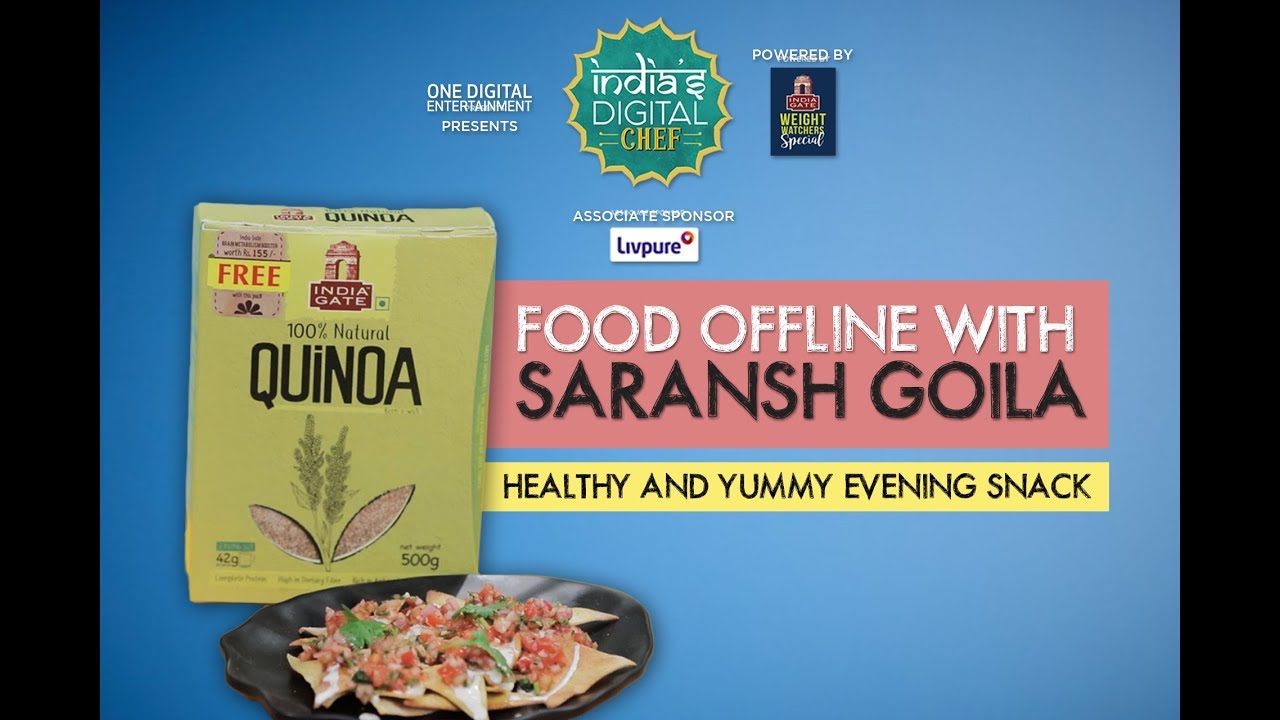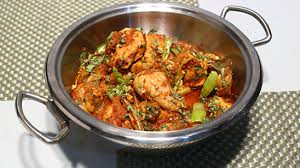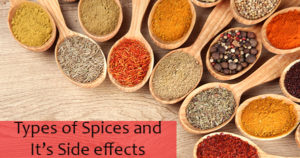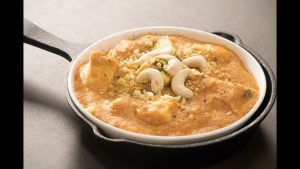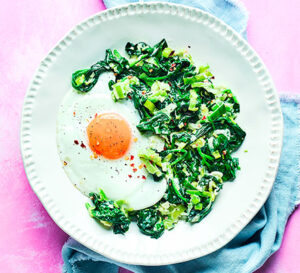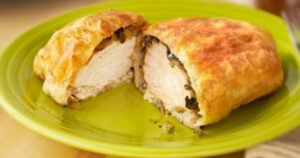Grapes: Resveratrol, a phytochemical found in grapes, modulates the blood glucose response by effecting how the body secretes and uses insulin. Hence grapes are a good choice keeping its nutritional profile in mind.
Apples: Diabetics should feel free to eat apples. In fact, apples along with blueberries and grapes are especially beneficial for reducing the risk of type 2 diabetes according to the American journal of clinical nutrition.
Blueberries: Blueberries get their deep pigment from anthocyanins, a type of flavonoid, known particularly to lower the risk of diabetes. Blueberries are quite low in sugar, with 10 grams per 100 grams of fruit but that sugar is also accompanied by 2 grams of fiber. This is important because when sugar and fiber are eaten together, blood sugar levels don’t spike as quickly.
Strawberries: Strawberries have low-glycemic index hence it’s slowly released in the blood stream as glucose. It can also improve immunity, has cancer fighting ability and increases metabolism, which in turn helps you lose weight. They also provide fiber, manganese, folate, and a lot of vitamin C. In fact, 100 grams of strawberries (5-6 large strawberries) provides 98% of our daily vitamin C requirements.
Guava: It’s a great snack for diabetics with a low glycemic index. Guava is very rich in dietary fiber that helps ease constipation (a common diabetic complaint) and can lower the chance of developing type-2 diabetes.
Watermelon: The high potassium content makes watermelon one of best fruits for proper kidney functioning which in turn keep your blood uric acid levels on the lower side. This prevents kidney damage especially if you are diabetic. Also, diabetes can cause nerve damage but lycopene found in watermelon really helps reduce the effect. Watermelon seems high in sugar, but only has 6 grams of sugar per 100 grams. This is because of its high water content, which also keeps it low in calories.
Cherries: Cherries like blueberries contain anthocyanins that pump the cells insulin production by 50%. The day is not far when anthocyanins might be the building blocks for new diabetes treatments. So include cherries as a part of your healthy diet.
Papaya: Natural antioxidants within the fruit make papaya a great choice for diabetics. Diabetics are prone to many ailments, including heart or nerve damage caused by irregular blood sugar levels. A diet incorporating papaya can obstruct future cell damage for a better and longer life span.
Oranges: The flavonols, flavanones and phenolic acid found in oranges, have shown tremendous protective abilities, especially in diabetics. When it comes to glucose metabolism, citrus fruits not only slow glucose update, but also inhibit the movement or transport of glucose through the intestines and liver.
Pomegranates: Pomegranates contain the richest combinations of antioxidants of all fruits and can protect you from free-radicals and chronic diseases. So feel free to enjoy these red pearls with such powerful phytochemical compounds.





